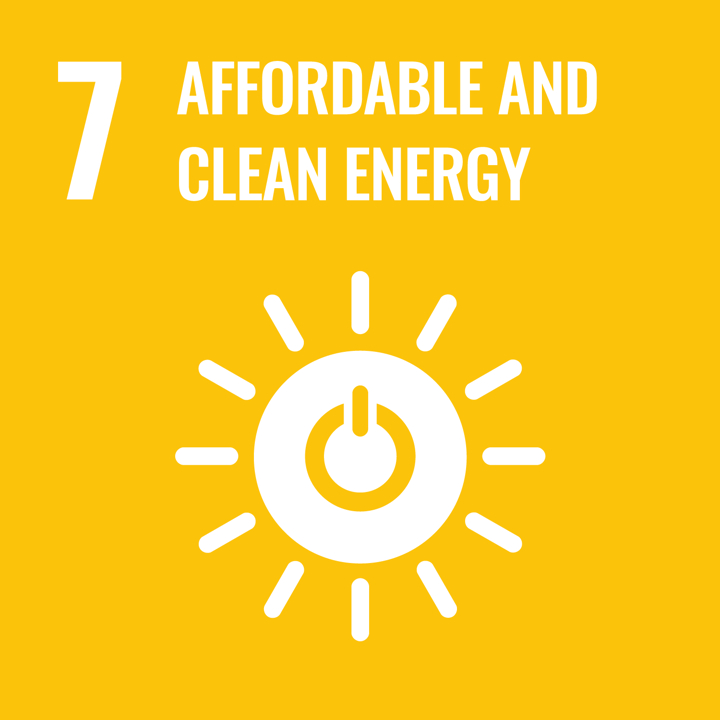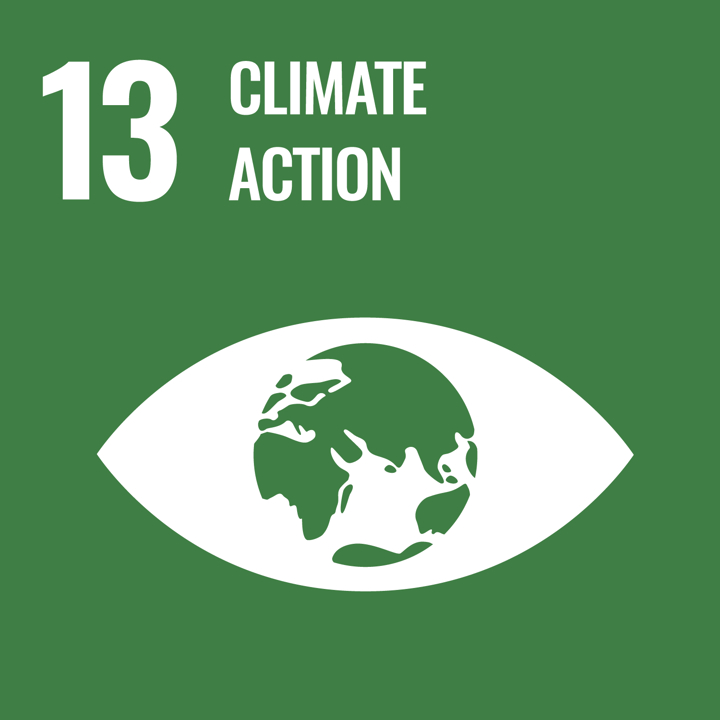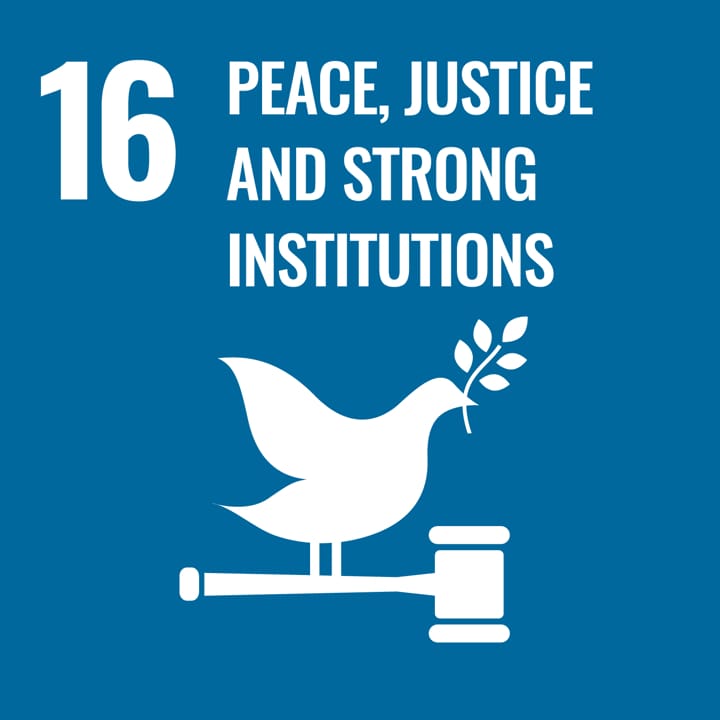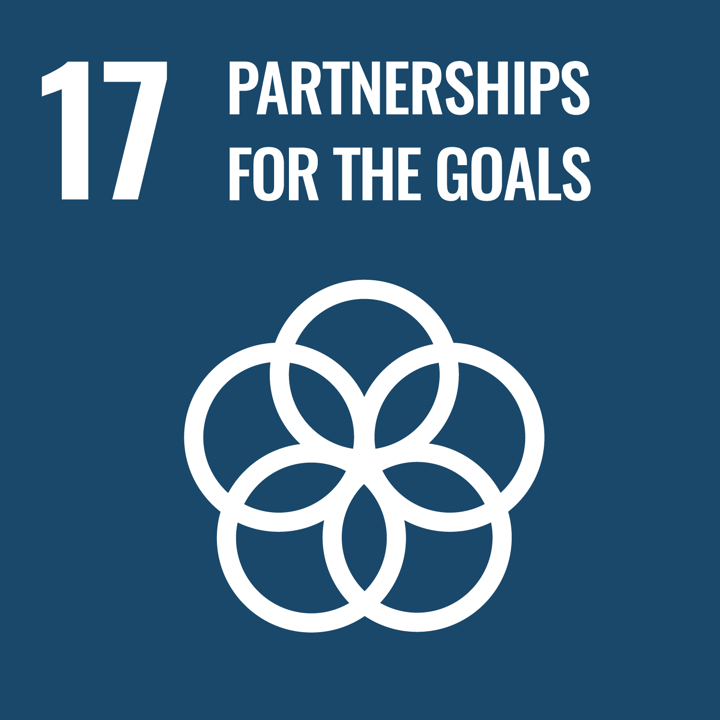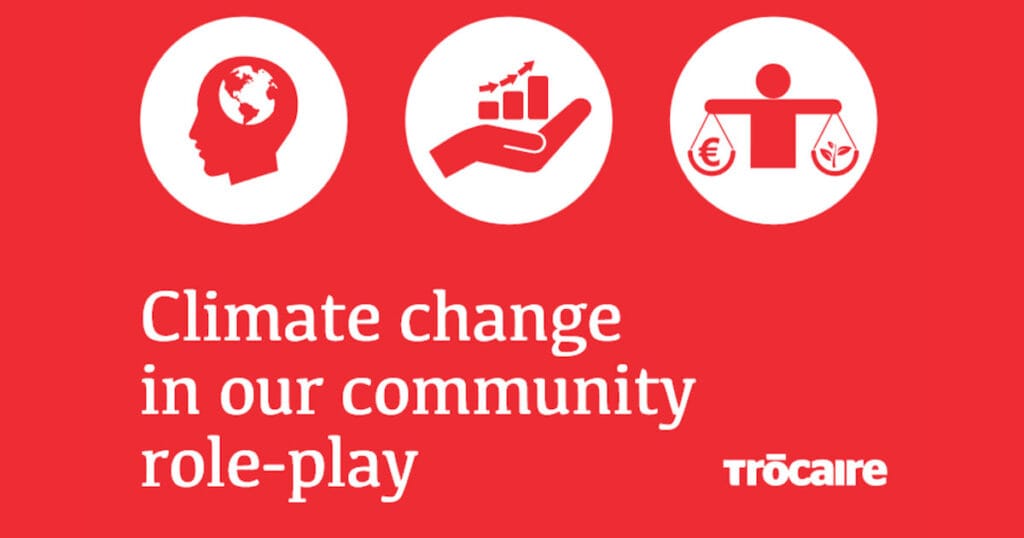
Zamýšlený koncový uživatel: Učitel, pedagogický pracovník
Věková skupina: Nižší sekundární stupeň; vyšší sekundární stupeň
Školní osnovy: Science; Social, Physical & Health Education; Social & Environment Science; Languages; Arts
Témata a náměty: Collective Action; Environmental Change; Power & Influence; Citizenship; Pedagogy Approaches
Doba trvání: Minimum: ~1 hour
Recommended: ~90 minutes
Extended version (including deep discussion & follow-ups): ~2 hours.
Typ zdroje: Guidelines & Notes, Lesson Plans, Workshop
Klíčová slova: Climate Justice, Collective Action, Sustainable Decision-Making, Critical Thinking, (Classroom Discussion Tools)
Jazyky: angličtina, němčina
Popis
This educational resource introduces role-playing as an interactive teaching method to engage students in sustainability and climate change discussions. It consists of a compact methodological guide and a ready-to-use classroom activity that allows students to explore real-world dilemmas related to environmental and economic decision-making.
The method guide outlines the theoretical background of role-playing, its pedagogical benefits, and step-by-step implementation for educators. It highlights how role-plays foster critical thinking, social awareness, and problem-solving skills, making learning more engaging and experiential.
The teaching unit, “Creating Futures – Lesson 8”, presents a climate change role-play scenario where students debate whether to extract or leave newly discovered oil beneath their community. They take on different stakeholder roles—including government officials, climate experts, oil companies, and local residents—to analyze the economic, environmental, and social impacts of fossil fuel extraction.
Throughout the lesson, students engage in decision-making exercises, group discussions, and reflective analysis. The activity encourages collaborative problem-solving, helping students develop a deeper understanding of the complexities behind climate policies, sustainability challenges, and collective action.
This resource is particularly relevant for subjects such as Science, Social Studies, Environmental Science, Business, and Languages. It applies student-centered approaches, empowering students to explore real-world sustainability issues through role-play and debate.
By placing students in active roles, this resource develops their civic engagement and sustainability citizenship skills, preparing them to make informed, responsible decisions for the future.
Jak používat tento zdroj
This resource includes a role-playing guide and a pre-designed classroom activity to explore climate change and decision-making.
- Read the Method Guide (English or German)
- Learn how role-play fosters critical thinking and problem-solving.
- Follow step-by-step instructions for structuring and facilitating role-plays.
- Implement the Classroom Activity
- Preparation: Print role cards and introduce the oil extraction dilemma.
- Role Discussion (20-30 min): Students develop arguments from different stakeholder perspectives.
- Debate & Decision (25-35 min): Groups present views in a stakeholder meeting and vote.
- Reflection (15-25 min): Discuss climate justice, power dynamics, and sustainability.
Zdroje
Role Play (English) PDF:
Role Play (German) PDF:
Výsledky učení (učitelé)
- Zjistit předchozí znalosti a dále rozvíjet znalosti a porozumění klíčovým pojmům udržitelného občanství a zpochybňovat zavedené světonázory a hodnoty.
- Použít řadu vhodných nástrojů a rámců na podporu udržitelného občanství studentů.
- reflektovat praxi a zkoumat národní kurikula s cílem identifikovat příležitosti k podpoře udržitelného občanství mezioborovým způsobem a zapojit externí zainteresované strany.
- Společně syntetizovat znalosti, nástroje a rámce pro tvorbu vzdělávacích materiálů a plánů výuky přizpůsobených místnímu kontextu.
- Prostřednictvím workshopů a komunit praxe budujte kapacitu a agenturu jako učitelé a vedoucí pracovníci v oblasti udržitelného občanství.
Zelené kompetence
- Ztělesnění udržitelných hodnot: Oceňování udržitelnosti; podpora spravedlnosti
- Přijetí složitosti v oblasti udržitelnosti: Systémové myšlení; kritické myšlení; rámcování problémů
- Představy o udržitelné budoucnosti: Budoucnostní gramotnost; přizpůsobivost; objevné myšlení.
- Jednání pro udržitelnost: Kolektivní akce
Creative Commons
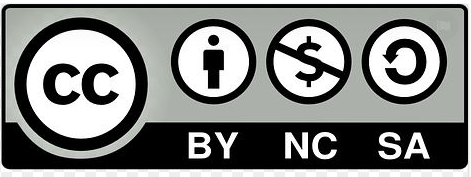
This resource “Lesson 8” is entirely made by trocaire.org.
The original resource can be found here.
This adaptation by Cathérine Conradty of Universität of Bayreuth (UBT) for SYNAPSES academies is licensed under the Creative Commons Attribution 4.0 International License (CC BY 4.0). This attribution does not imply endorsement by the original licensor..
Cíle udržitelného rozvoje

